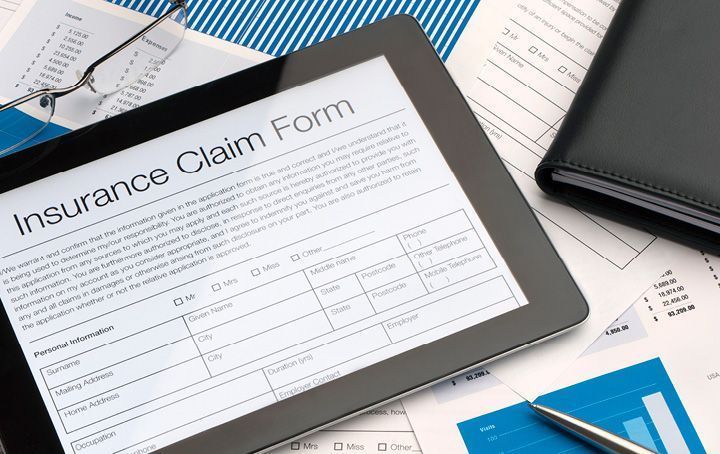Insurance payouts taxable? Australia has been battered by a combination of fire and flooding in the past few months, it is little wonder then the topic insurance payouts are on everyone’s lips. What is perhaps most concerning is that not everyone knows insurance payments may have tax consequences.
 Have you received any Insurance payouts lately, is it taxable? For example, if you rent out your home or a portion of your home on a short stay website, you may be subject to CGT if you receive an insurance payout in relation to that home. Businesses that receive an insurance payment may be subject to varying tax consequences depending on what the payment is designed to replace.
Have you received any Insurance payouts lately, is it taxable? For example, if you rent out your home or a portion of your home on a short stay website, you may be subject to CGT if you receive an insurance payout in relation to that home. Businesses that receive an insurance payment may be subject to varying tax consequences depending on what the payment is designed to replace.
In recent months, parts of Australia have been battered by a combination of fire and floods. As people try to piece their lives together in the aftermath, insurance payouts go a long way in helping rebuild homes and replace lost items. However, you’ll need to beware if you receive an insurance payout in relation to your business, home business or rental property, as there may be tax consequences.
While insurance payouts relating to personal property (including household items, furniture, electrical goods, private boats and cars) and your main residence are not taxed. If you keep a home office or run a business from home, and you receive an insurance payout in relation to the property being damaged or destroyed, there may be CGT consequences.
Similarly, if you have a rental property or rented out a room of your main residence which later becomes damaged or destroyed and is subject to an insurance payout, you will need to include the insurance payout amount when you work out whether you have a capital gain or loss. This applies even if you were casually renting out a room, your home, or (part of) your farm as short stay accommodation.
For those operating a business, the tax consequences of an insurance payouts are even more complicated depending on what the money received is for.
For example, destroyed business premises would have CGT consequences, while any insurance amount you receive for repair of damage will need to be included in your assessable income.
If an amount is received in relation to damaged or destroyed trading stock, it must be included as assessable income. For any depreciating assets used in generating assessable income (ie office equipment), you will need to calculate the difference between the amount received from insurance and its book value at the time it was destroyed. Any excess would need to be included as assessable income while a deduction can be claimed for any losses.
For depreciating assets in the low-value pool, you will need to reduce the closing pool balance by the amount of insurance payment you receive. In addition, the tax treatment will need to be modified if an asset was partly used to produce assessable income and in a low-value pool.
The tax treatment of insurance payouts for work cars are similar to that of depreciating assets described above, except if you used the logbook method for claiming car expenses. For those taxpayers who used the logbook method, the balancing adjustment amount needs to be reduced by the percentage that you used the car for personal use.
Businesses that correctly informed their insurer of their GST status when they took out the insurance will not have to pay GST on the insurance payment and may be entitled to GST credits for purchases that are made with the payment. Further if you’re a small business you may be entitled to CGT concessions.
Insurance payouts, received a payment and not sure what to do?
If you’ve received or are in the process of receiving any insurance payouts and are not sure how to treat it for tax purposes, Hunter Partners can help. Hunter Partners can also help you take advantage of all available concessions to ensure that you’re not paying too much tax. Call Hunter Partners on (07) 4723-1223.
Hunter Partners are Accountants, Tax Agents and Financial Planners, we can assist with all aspect of your Self-Managed Superannuation Fund wether you need assistance with accounting, tax and financial planning call Hunter Partners on (07) 4723-1223.
- Hits: 3042